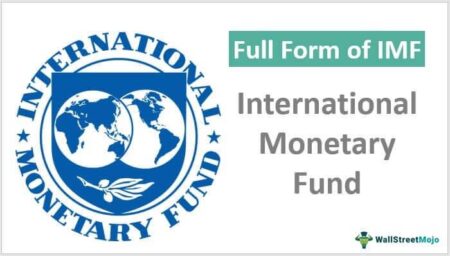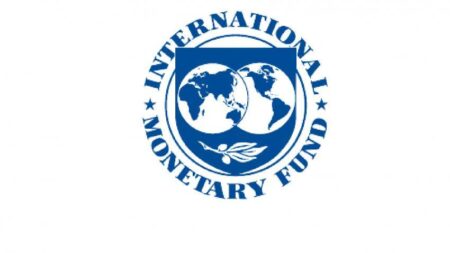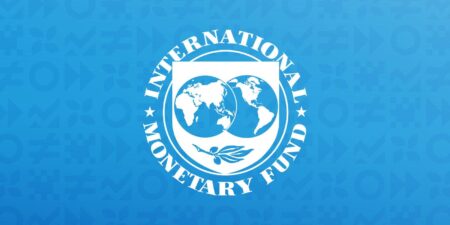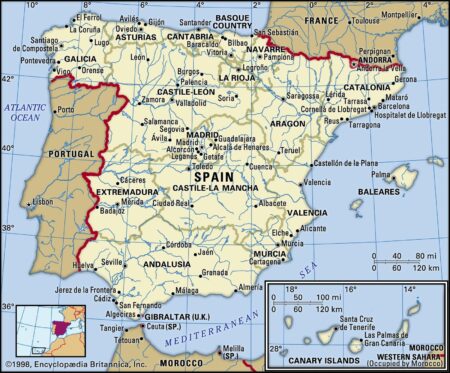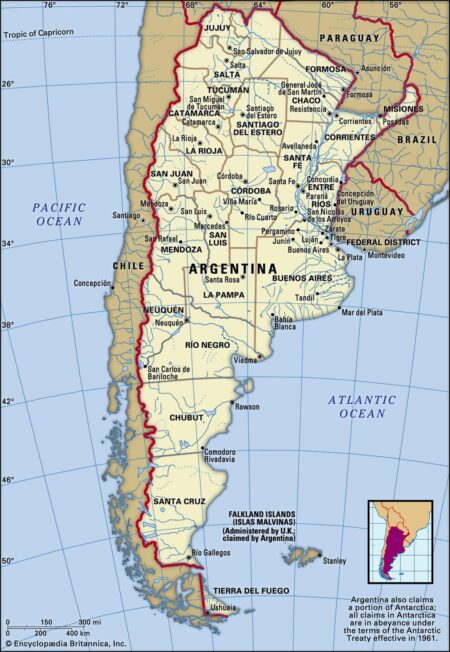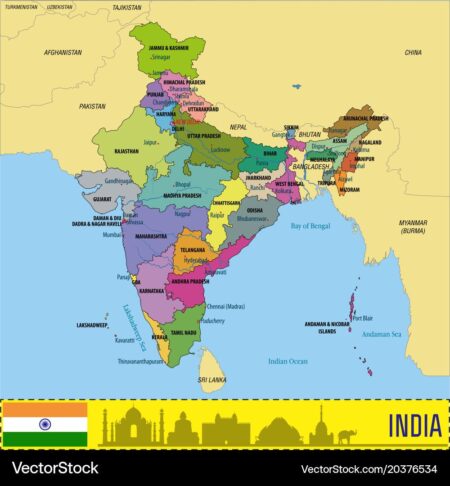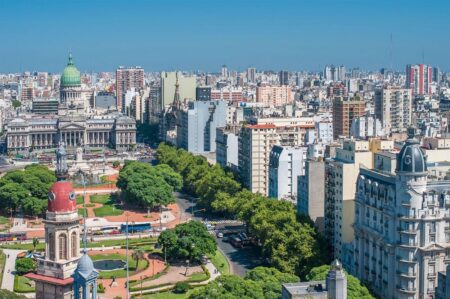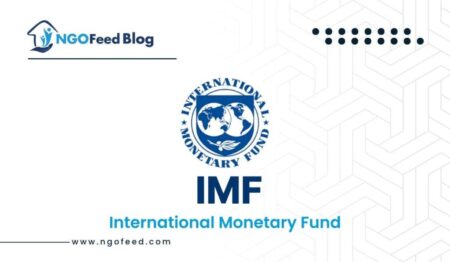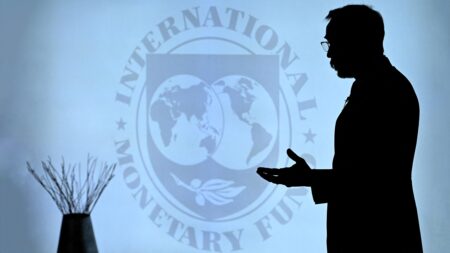The IMF has raised India’s FY26 growth forecast to a striking 7.3%, fueled by strong domestic demand. However, the Fund warns that global uncertainties could slow growth in the coming two years, Reuters reports
Browsing: IMF
The IMF is set to launch a groundbreaking $20 billion financial program for Argentina this Wednesday, Bloomberg reports. This ambitious move aims to strengthen Argentina’s economic stability in the face of ongoing fiscal challenges
Germany’s Finance Minister Merz spotlights encouraging signs of economic recovery, but the IMF warns that deep-rooted structural challenges and ongoing global uncertainties continue to restrain the country’s mid-term growth potential
US financial aid to Argentina offers vital short-term relief amid economic turmoil, but experts warn it falls short of addressing the country’s deep-rooted structural issues-underscoring an urgent call for bold, comprehensive domestic reforms
The IMF has unveiled its 2025 Article IV Consultation for the United Kingdom, highlighting a resilient economic recovery amid persistent global challenges. The report underscores the crucial need to uphold fiscal discipline and push forward with structural reforms to secure sustainable growth
The IMF has granted Argentina a crucial reserve waiver and eased its reserve accumulation target, offering a vital boost to the country as it tackles persistent economic challenges, Buenos Aires Herald reports
The IMF has eased Argentina’s reserves accumulation targets, signaling a more flexible stance ahead of the crucial review following October’s local elections. This shift arrives as the nation grapples with persistent economic hurdles and political uncertainties
The IMF has raised India’s growth forecast for 2024 to an impressive 6.4%, spotlighting strong domestic demand and a resilient economy, Reuters reports. This upbeat revision points to a more promising future despite persistent global challenges
Argentina, often dubbed the IMF’s wild child, has missed its foreign exchange reserve targets but is on the brink of securing a vital waiver. This crucial move aims to propel debt relief talks forward, providing a much-needed lifeline to ease mounting financial pressures
The IMF has applauded Argentina’s recent reform efforts, calling them a promising sign as the much-anticipated visit at the end of June approaches. These bold moves showcase the country’s strong commitment to meeting the vital economic targets set out in the bailout agreement
The IMF’s 2025 Article IV Consultation for Spain highlights robust economic growth and improved fiscal stability, while emphasizing the need for continued reforms to boost productivity and address labor market challenges decisively
The International Monetary Fund is urging Germany to take bold action by rolling out reforms that will turbocharge productivity and ignite fresh investment. By championing innovation and creating a more flexible labor market, Germany can unleash sustained economic growth and cement its status as Europe’s economic powerhouse
Argentina has triumphantly secured a staggering $42 billion in funding from the International Monetary Fund and various other sources, signaling a bold new chapter in its economic policy. By lifting long-standing currency controls, the country is taking decisive steps to stabilize its economy amidst persistent financial challenges. This pivotal move could pave the way for renewed growth and prosperity.
India is set to overtake Japan as the world’s fourth largest economy by 2025, as revealed by the International Monetary Fund (IMF). This remarkable achievement highlights India’s swift economic ascent, driven by robust consumer demand and innovative reforms.
Argentina’s recent bailout, orchestrated with the help of the IMF, highlights the significant role that political connections play in shaping economic choices. With Trump’s allies applying pressure, the burden of compliance could weigh heavily on everyday Argentinians, sparking crucial discussions about accountability and national sovereignty.
The International Monetary Fund has unveiled a detailed evaluation of the People’s Republic of China’s financial sector, shining a light on potential systemic risks and proposing vital reforms to enhance stability. These insights emphasize the importance of remaining alert in the face of economic uncertainties.
Argentina’s recent $20 billion financial rescue has sparked crucial discussions about its economic trajectory. Experts are diving deep into pressing topics like debt sustainability, strategies for controlling inflation, and the potential effects on social stability as the nation navigates ongoing challenges.
The International Monetary Fund has adjusted its growth forecast for the UK, reflecting the persistent influence of Trump’s tariffs on the global economy. This revised outlook raises alarms about escalating trade tensions and their far-reaching consequences for economic stability.
The IMF and World Bank have greenlit exciting new bailout packages for Argentina, designed to bolster its economy in the face of persistent inflation challenges. These vital measures are set to offer essential support as the nation charts a course through financial uncertainty.
Argentina’s recent IMF deal marks a critical financial maneuver aimed at stabilizing its economy. Negotiations involved stringent fiscal reforms and commitments to reduce inflation, showcasing the government’s resolve to navigate ongoing economic challenges.






